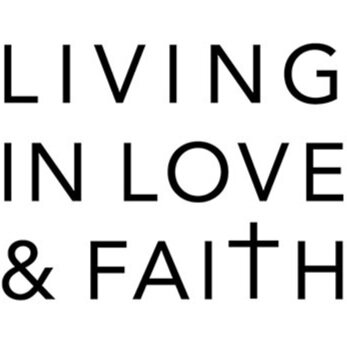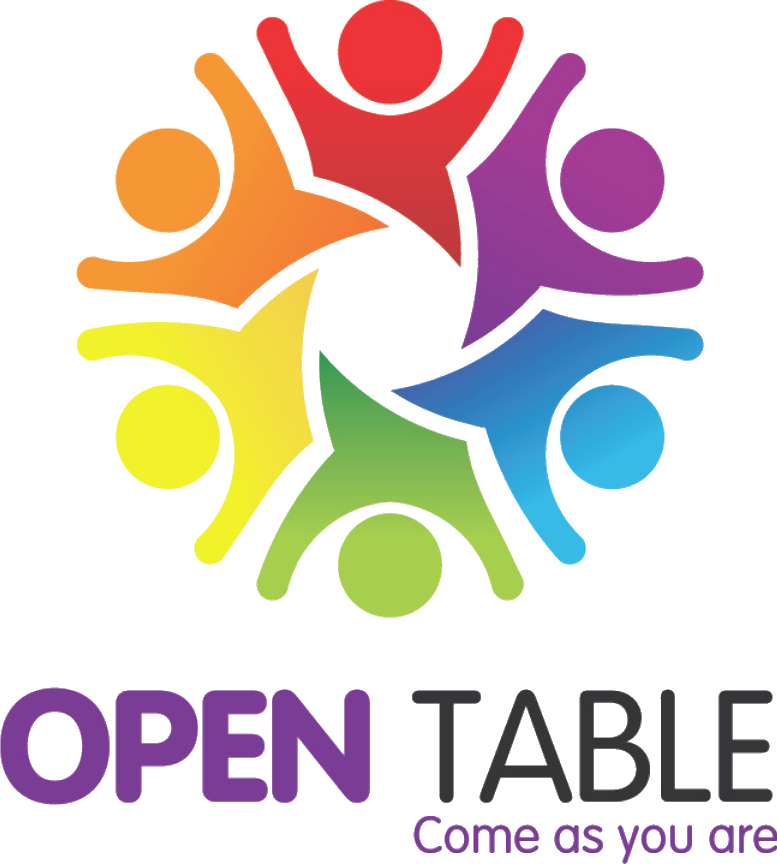An opening for change? College of Bishops considers Living In Love And Faith

Living In Love & Faith logo
THIS WEEK the Church of England’s College of Bishops meets to continue its reflections on how to respond to feedback from across the Church on its Living In Love And Faith process on identity, sexuality, relationships and marriage.
Warren Hartley, co-facilitator of the Open Table Liverpool community offers four insights:
Over the next few days I’ll be holding the bishops of the Church of England in my prayers as they reflect on what they have heard from the LLF process, and prepare to share the outcomes of their discernment with General Synod, the church’s governing body, in February 2023.
>
“So much ink has been spilt, and I confess I’m so, so tired. So tired of being talked about, and debated over, and the vile things that I read at times. I’ve become so tired, I often wonder if it’s worth remaining in the church, or even the faith at times.”
It’s a significant moment in the life of our church. I hope and pray for change in which LGBT+ folk like me will be seen as the gift we are, blessed by God, and that the Church will recognise the quality of our love. So much ink has been spilt, and I confess I’m so, so tired. So tired of being talked about, and debated over, and the vile things that I read at times. I’ve become so tired, I often wonder if it’s worth remaining in the church, or even the faith at times. That’s not a threat of walking if I don’t get my way, just sharing how I feel.
Living In Love And Faith [LLF] has contributed to that tiredness, and while it was highly praised, after reading it I was left feeling, yes tired, but also slightly dirty, as if I was an object for looking at, not a human being.
It was good to run the LLF course as an Open Table community, so we could support each other, but I fear the image of the Church of England among members of our community took a blow. We all shared our experiences as part of the course feedback.
This year’s Lambeth Conference of global Anglican leaders, which generated more controversy around the positions of different Anglican churches on ‘same-gender marriage’, was also bruising. Yet I’m fascinated by how that seems to have created an opening for change. As the bishops gather over these next few days, I’d like share four things that seem really important to me:
-
If the College votes for change, I pray it will be because they believe it to be the right and holy thing. Not an expedient thing, nor to ‘remove a barrier to mission’ (I find that deeply manipulative). Recognising same-sex relationships in marriage is the right thing to do because you see the love and the quality of that love. There is no other reason needed.
-
I’ve noticed a theme in lots of blogs and talks is how to justify this change theologically. I think the justification is simple: ‘God is love. Whoever lives in love lives in God, and God in them.’ [1 John 4:16]. May the College of Bishops follow the love. Where love is, God is. How can God’s church not bless where God is? I understand that Anglican theology is that a blessing isn’t something magical – it’s a recognition of the beauty and God-givenness of something. Despite the church not blessing it, I know that my marriage with my husband Kieran is blessed, as the fruits of the spirit grow from our marriage and our life together. We aren’t perfect, not by a long shot, but I’m a better man and a better Christian because of the love I have for Kieran and he for me. One comment I read said ‘this is all so anthropocentric when we should be Christocentric’. Surely, if we believe Christ was fully human as well as fully divine, to be Christocentric means to be anthropocentric! If Christianity can’t speak of what it means to be fully human, then what is the point of it?
-
I hope that with change, we might be able to have actual conversations about healthy sexual ethics for all people. Being obsessed with categories, we have become like the rest of the world, unable to have conversations around consent, nurture, domestic violence, child abuse etc. If we can get past ‘who’s doing who’, to put it crudely, we might actually get to the important stuff about how humans thrive, including honouring folk who are single, and making a difference to unjust systems of abuse and domination. Only then might we enter into a cultural conversation that desperately needs to happen as an equal partner rather than a moralising do-gooder. Our tradition has so much to say and to offer, but the gifts are at the back of the queue. I hope they can be seen more.
-
If changes to marriage laws in the Church of England does come, I don’t believe the church will get significant thanks from the LGBT+ community. So much harm has been done over the years – I’ve experienced it myself, it has almost broken me. Recognising our relationships in marriage will be a big and significant change that should be celebrated, though it won’t undo the hurt and harm caused: the vocations destroyed, the relationships hidden, love denied, conversion therapy which still goes on, the poor theology which has damaged so many, which I’ve seen week in and week out in my pastoral practice over the past 14 and a half years. I’d suggest that should change occur, some kind of reconciliation work will be needed. Quite what that looks like I don’t know, but verbal apologies like the ones Archbishop Justin has given are a start, but still so inadequate. Even if change does come, toxic teachings and harm will continue. I genuinely don’t know how to reconcile this, and it breaks my heart that people will continue to go through similar things to what I did. I found God again, so many do not, so many have been so hurt that this is no longer a possibility in their lives. I pray that the bishops will recognise this need for reconciliation.
To the College of Bishops, in the coming days I pray that you may be conscious of ‘the peace of God, which transcends all understanding’ [Philippians 4:7], and may the Spirit ‘guide you into all truth’ [John 16:13].
One of the Co-Chairs of the Open Table Network, Sarah Hobbs, is a member of a Reference Group from across the Church of England which has been assisting the LLF process, and will be present at the College of Bishops meetings. Read more about the LLF process and the Reference Group

attachment-6397021ca815e433565fd6f5
exc-6397021ca815e433565fd6f5

